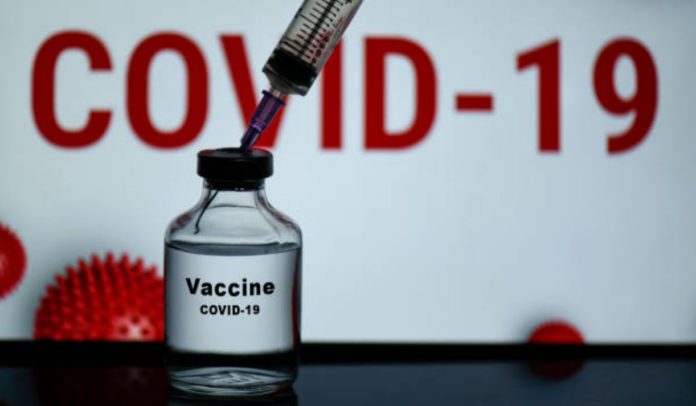Three methods of fighting COVID-19 have already been approved by the FDA and are being used by patients with other diseases.
Researchers at the Perelman School of Medicine at the University of Pennsylvania in the United States have discovered nine new treatments for coronavirus.
Of the nine drugs found to reduce SARS-CoV-2 replication in respiratory cells, three already have FDA approval: the transplant-rejection drug cyclosporine, the cancer drug dacomitinib, and the antibiotic salinomycin. These could be rapidly tested in human volunteers and COVID-19 patients.
- Scientists in Fear of This New Predator From Red Sea Eating Native Species in Mediterranean
- Does This Mean We Stopped Being Animal and Started Being Human Due to ‘Copy Paste’ Errors?
- The One Lifestyle Choice That Could Reduce Your Heart Disease Risk By More Than 22%
- Aging: This Is What Happens Inside Your Body Right After Exercise
- Immune-Boosting Drink that Mimics Fasting to Reduce Fat – Scientists ‘Were Surprised’ By New Findings
The experiments also shed light on key processes the coronavirus uses to infect different cells and found that the antiviral drug remdesivir, which has an FDA Emergency Use Authorization for treating COVID-19, does appear to work against the virus in cell-culture tests on respiratory cells, whereas hydroxychloroquine does not.
The nine antivirals active in respiratory cells did include salinomycin, a veterinary antibiotic that is also being investigated as an anticancer drug; the kinase enzyme inhibitor dacomitinib, an anticancer drug; bemcentinib, another kinase inhibitor now being tested against cancers; the antihistamine drug ebastine; and cyclosporine, an immune suppressing drug commonly used to prevent the immune rejection of transplanted organs.
The study highlights cyclosporine as particularly promising, as it appears to works against SARS-CoV-2 in respiratory and non-respiratory cells, and via two distinct mechanisms: inhibiting cell enzymes called cyclophilins, which the coronavirus hijacks to support itself, and suppressing the potentially lethal inflammation of severe COVID-19.
“There may be important benefits to the use of cyclosporine in hospitalized COVID-19 patients, and ongoing clinical trials at Penn and elsewhere are testing that hypothesis,” said Sara Cherry, PhD, Co-Senior Author, Professor of Pathology and Laboratory Medicine and Scientific Director of the High-Throughput Screening (HTS) Core, Penn Medicine.
- Scientists in Fear of This New Predator From Red Sea Eating Native Species in Mediterranean
- Does This Mean We Stopped Being Animal and Started Being Human Due to ‘Copy Paste’ Errors?
- The One Lifestyle Choice That Could Reduce Your Heart Disease Risk By More Than 22%
- Aging: This Is What Happens Inside Your Body Right After Exercise
- Immune-Boosting Drink that Mimics Fasting to Reduce Fat – Scientists ‘Were Surprised’ By New Findings
The results of the biologists’ work are published in the journal Cell Reports.
